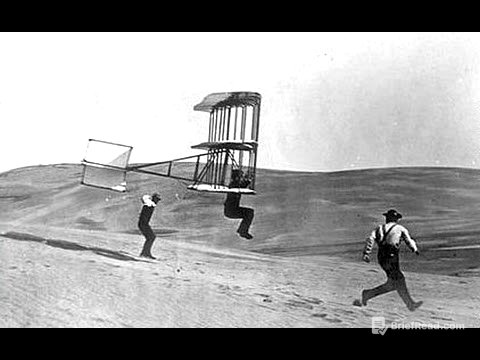TLDR;
This video discusses Kenya's preparations for World Breastfeeding Week 2025, emphasizing the importance of breastfeeding for infant health, maternal well-being, and environmental sustainability. It addresses concerning trends in breastfeeding rates and outlines key interventions by the Ministry of Health, including enforcing regulations, expanding support initiatives, and establishing human milk banks. The video also highlights legal provisions for workplace support for breastfeeding mothers and calls for collective action to promote and protect breastfeeding across all sectors of society.
- World Breastfeeding Week 2025: August 1-7, national launch on August 5 in Migori County.
- Theme: Prioritize breastfeeding, create sustainable support systems.
- Declining breastfeeding rates: Early initiation and exclusive breastfeeding have decreased, while bottle feeding has increased.
- Key interventions: Strengthening enforcement, expanding support initiatives, establishing human milk banks, and implementing supportive workplace policies.
- Legal provisions: Mandated lactation stations and flexible nursing breaks in workplaces, paid maternity and paternity leave.
World Breastfeeding Week 2025 Launch [0:01]
Kenya will celebrate World Breastfeeding Week from August 1st to 7th, 2025, with the national launch taking place on August 5th at Rango University, hosted by the Migori County government. The theme for this year is "Prioritize breastfeeding, create sustainable support systems," which emphasizes the need for collective action to support breastfeeding in homes, communities, health facilities, and workplaces. Breastfeeding is highlighted as a crucial public health intervention that provides essential nutrients for infants, strengthens their immunity and cognitive development, and reduces the risk of obesity and non-communicable diseases later in life.
Benefits of Breastfeeding [0:40]
Breastfeeding offers numerous benefits for both infants and mothers. For infants, it provides all the necessary nutrients for the first six months of life, strengthens immunity and cognitive development, and reduces the risk of obesity and non-communicable diseases later in life. For mothers, breastfeeding reduces the risk of breast and ovarian cancers. Additionally, breastfeeding is environmentally sustainable, as it requires no packaging, fuel, or waste management.
Concerning Trends in Breastfeeding Rates [1:17]
The 2022 Kenya demographic and health survey revealed worrying trends in breastfeeding practices. Early initiation of breastfeeding has dropped from 62% in 2014 to 60% in 2022, and exclusive breastfeeding rates have declined from 61% to 60%. Furthermore, bottle feeding has significantly increased from 22% to 34%. These trends necessitate urgent and coordinated action to promote, protect, and support breastfeeding.
Ministry of Health Interventions [2:02]
The Ministry of Health is scaling up key interventions to address the declining breastfeeding rates. These include strengthening the enforcement of the Breast Milk Substitutes Act of 2012, expanding the Baby Friendly Hospital Initiative and the Baby Friendly Community Initiative with over 1,500 community health units already implementing it, and establishing and scaling up human milk banks, such as the one at Pumwani Maternity Hospital. These efforts aim to create a supportive environment for breastfeeding mothers and ensure that infants receive the optimal nutrition they need.
Workplace Policies and Legal Provisions [2:42]
The Ministry of Health is collaborating with other sectors to implement supportive workplace policies for breastfeeding mothers. The Health Act 2017, section 71, mandates all employers to establish a lactation station in the workplace, equipped with a clean and private space for breastfeeding and expressing milk, along with storage facilities. The act also requires that flexible nursing breaks be provided for lactating employees without loss of remuneration or any benefits. Additionally, the Employment Act provides for 90 days of paid maternity leave for female employees and 14 days of paid paternity leave for male employees, ensuring that mothers can successfully breastfeed upon returning to work.
Call to Action for World Breastfeeding Week 2025 [3:50]
As preparations for World Breastfeeding Week 2025 are underway, an invitation is extended to all Kenyans, government agencies, development partners, civil society, employers, health workers, communities, and families to join the campaign. The goal is to support mothers in breastfeeding by creating enabling environments in homes, communities, and workplaces. Breastfeeding should be promoted as a life-saving, climate-smart practice and protected from commercial interference and misinformation. Prioritizing breastfeeding and creating sustainable support systems is an investment in children, the environment, and the nation's future health.









